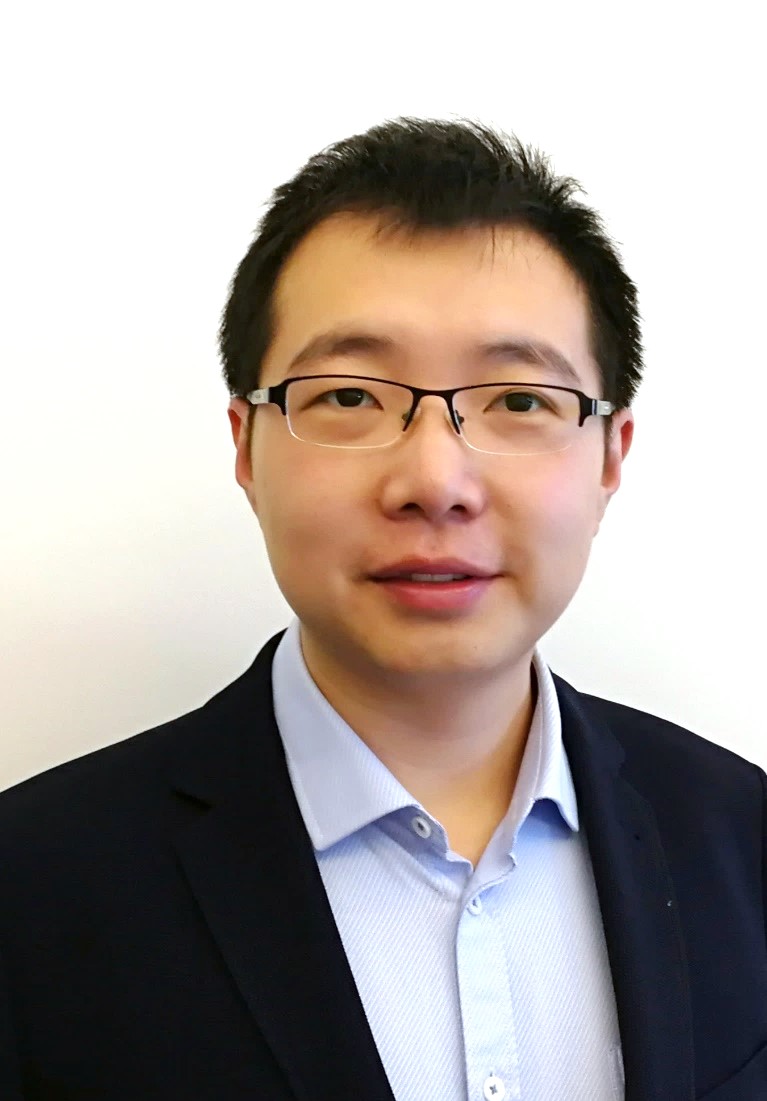
Electronics and Electrical Engineering

Dr Chang Liu received the B.Sc. degree in automation from Tianjin University, China, in 2010, and the Ph.D. degree in testing, measurement technology and instrument in Beihang University, China, in 2016. From April 2016 to January 2018, he was a postdoctoral researcher in the department of air pollution and environmental technology, Empa-Swiss Federal Laboratories for Materials Science and Technology (ETH Domain), Dübendorf, Switzerland. He is now a Senior Lecturer in the Agile Tomography Group at the School of Engineering, University of Edinburgh.
Dr Liu’s current research interests include laser spectroscopy, laser imaging, data-driven imaging techniques and their applications to reacting flow-fields diagnostics and environmental monitoring. His expertise is in design of near/mid infrared LAS sensing systems, and development of high-sensitivity and data-driven laser imaging methodologies. It covers fundamental spectroscopic modeling, inverse problem solving, machine learning, hardware acceleration, signal processing and embedded system. In collaboration with worldwide industrial and academic partners, Dr Liu and his team focus on providing cutting-edge laser-based sensing solutions for various challenging problems in both the industry and academia.
- 2016 Doctor of Philosophy (Ph.D.), School of Instrumentation and Opto-Electronic Engineering, Beihang University, Beijing, China.
- 2010 Bachelor of Science (B.Sc.), School of Electrical Engineering and Automation, Tianjin University, Tianjin, China
- IEEE Senior Member
- Digital System Design 4 (ELEE10007)
- Analogue Circuits 3 (ELEE09026)
- Digital System Design and Digital Systems Laboratory 3 (ELEE09035)
- Digital System Design 2 (ELEE08015)
- Data-driven imaging towards high spatial/temporal resolution
- Cutting-edge laser-based sensing solutions
- Sensor design for ultra-weak optical and electrical signals detection
- Embedded system design and hardware/software interface
Research Opportunities
Ph.D. scholarships
- Edinburgh Global Research Scholarship
- Principal's Career Development PhD Scholarships
- Carnegie PhD Scholarships
- China Scholarships Council/University of Edinburgh Scholarships
Information on funding opportunities and tuition fees can be found here.
Postdoctoral Research Associate (PDRA)
I am an Electrical Engineer interested in the fitting electromagnetic data to their respective models in the context of tomographic image reconstruction and model parameter estimation. I was educated in the UK and held research positions at School of Maths at the Univeristy of Manchester, the Lab for Information and Decision Systems at MIT and the Energy, Environment and Water Research Centre of the Cyprus Institute. In Edinburgh I lead the Agile Tomography Group that specialises in low-frequency electromagnetic simulation and tomographic image reconstruction, as well as chemical species tomography from spectroscopic measurements of light in the near infrared regime.
My research is in the realm of applied inverse problems and this usually entails, in some proportion: mathematical modelling, signal processing, statistical estimation and optimisation algorithms. As of 2016 I am also a faculty fellow at newly established Alan Turing Institute, which perhaps also qualifies me as a data scientist. My research is relevant to applications of electromagnetic imaging in geophysical exploration, industrial process tomography, biomedical imaging and non-destructive testing of materials and structures. In particular, I am interested in computational approaches suitable for large-scale pde models for static and low-frequency electromagnetic fields and algorithms that process these models along with measurements in the quest to image the electromagnetic properties of a domain of interest.
Nick Polydorides
(Office: 2.10 Alexander Graham Bell)
- Ph.D in Electrical tomography, in 2002 from UMIST (now The University of Manchester) with Bill Lionheart and Hugh McCann
- MSc in Computation, in 1999 from the University of Oxford
- BEng in Electrical Engineering and Electronics, in 1998 from UMIST (1st class Honors)
I am a member of IEEE Signal Processing and SIAM Imaging societies.
I am involved at the teaching of Engineering Mathematics 2A which involves mostly Laplace and Fourier series solutions of ordinary differential equations, which are essential elements of signal processing and understanding physical phenomena such as the propagation of sound, heat diffusion etc. I also take great pleasure from teaching the vector calculus and integration course in Engineering Mathematics 2B as it provides a good deal of insight to may of the physical phenomena us engineers need to understand. As for a teaching philosophy, I see myself standing in between the knowledge and the students, and although I cannot take the one to the other, I see my role as trying to make the distance look smaller.
Other than electromagnetics I have developed an interest in fluid-structure interaction models. This typically leads to a cluster of mechnical inverse problems relevant to the offshore energy exploration with towed arrays.
I am constantly looking to hire talented students who want to pursue a PhD because they want to make an impact to a certain application. If you have a numerate background and an appropriate course average from your BEng, BSc or MSc then I would like to hear from you at the email address above. Opportunities may also arise in the context of the Alan Turing Institute if your proposed theme falls within the so-called 'data-centric engineering'.
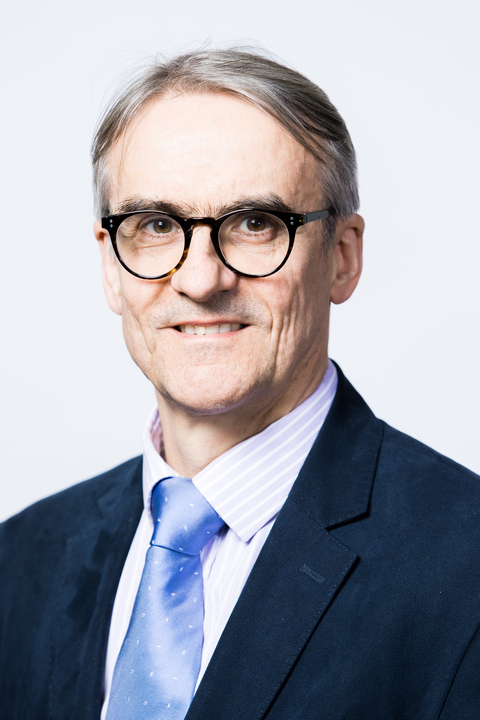
Since 2012, I have held a Personal Chair in Electrical Generation Systems at the University of Edinburgh, having been appointed as a lecturer in 2004. In 2023 I was awarded a Royal Academy of Engineering Chair in Emerging Technologies to investigate new high power density high temperature superconducting machines for net-zero energy and transport applications. From 2014 to 2018, I led a group of 26 academics as Head of the Institute for Energy Systems, and I am now co-leading Energy@Edinburgh, a cross university community of 200+ academics and researchers focussing on energy systems. I have supported 25 PhD students to successful graduation as principal supervisor, and supervised 18 PDRAs. My PhDs and PDRAs continue to work in electrical power engineering in both academia and industry.
My research focusses on electrical generators for renewable energy converters, and the development of hybrid energy systems integrating renewables and energy storage for on and off-grid use. Since 1997 I have been awarded £13m in grant funding, 75% as PI, from various sources: Royal Academy of Engineering, EPSRC, Innovate UK, The Carbon Trust, Scottish Enterprise, Wave Energy Scotland, Scottish Government, EU FP6, FP7, H2020 and ERDF, as well as direct industrial funding. As well as being part of consortia in EU grants working with eg. TU Delft, NTNU, Cork University, RWTH Aachen, Tecnalia, Fraunhofer Wind, I have also led consortia – eg. EPSRC EDRIVE (£1m)– 2 universities and 4 industrial partners; Wave Energy Scotland Project Neptune (£2.5m) – 2 universities and 7 industrial partners. Between 2010 and 2016 I led a Scottish Knowledge Exchange network, RENEW-NET, with 5 academic partners securing £1m of funding from Scottish Enterprise, Scottish Gov and ERDF, providing technical support in electrical machines and power electronics to over 100 SMEs, with 30 receiving detailed support securing jobs, new contracts and further grant funding based on our support.
I work very closely with industry, and in some cases my team has designed and built C-GEN generators for use in pre-commercial devices: eg. Mocean Energy – 10kW generator installed in their Blue-X wave device tested at sea in 2021/22; Swift Energy – 16kW generator for vertical axis wind turbine; Ladco – 6 kW generator for wind turbine tested at Arbroath; Hydrokinetic Power Generation – 25 kW generator for a tidal device to be tested in Bordeaux in 2023
My research has been widely published in top ranked journals such as IEEE, IET, IMechE and IoP. To date I have 258 journal and conference publications, and my h-index is 38 with 6294 citations, 2887 since 2017 (Google Scholar). As well as papers I co-edited the book “Electrical Drives for Direct Drive Renewable Energy Systems” (Woodhead Publishing with Prof Henk Polinder at TU Delft, and have been awarded 3 patents. Most of my articles are in top ranked journals published by IEEE, IMechE, IET and IoP. In 2006 I was awarded the Donald Julius Groen Prize by the IMechE with my former PhD student Dr. Nick Baker, now a Reader at Newcastle University. My PhD student’s work was recognised with best conference paper prizes at the IEEE IEMDC Conference in 2010. In 2017 I was co-author on a paper awarded the Thomas L Fagan Jr RAMS award for the best paper at the Reliability & Maintainability Symposium held in Florida. I was part of team of 7 partners in an EU FP7 project led by NaREC (now the Offshore Renewable Energy Catapult) entitled SNAPPER involving the design and system modelling of a novel linear generator for wave energy won the Engineer Magazine Innovation Award Marine Category in 2012, and was a finalist in the IET Innovation Awards in 2012.
In 2009 I spun out NGenTec Ltd to commercialise the C-GEN technology for offshore wind, originally funded by Scottish Enterprise with £0.5m. NGenTec raised £7m from private and public sources leading to employment of 20 staff. In 2013 the university re-purchased the IP to enable me to develop C-GEN for a wider range of renewable energy applications. Since then we have sold pre-commercial demonstrators to Mocean Energy, Swift Energy, HydroKinetic Power Generation, and are undertaking design studies for other companies in, USA, Australia, Ireland, Sweden and Norway. More details on the C-GEN technology can be found at www.cgen.eng.ed.ac.uk.
- BSc(Eng) 1988 Imperial College, London
- PhD 1991 Electrical Engineering, University of Cambridge
- CEng Chartered Engineer
- MIET Member of the Institute of Engineering & Technology
- Direct Drive Wave, Wind & Tidal Energy Systems
- Design and modelling of electrical machines
- High Temperature Superconducting Machines
- Electrical machines for renewable energy applications
- Low speed electrical generators for wave, wind and tidal energy converters
- Permanent magnet and switched reluctance machines
- Grant holder: Royal Academy of Engineering, Wave Energy Scotland, EPSRC, EU, NaREC, Industry, Scottish Enterprise, The Carbon Trust, The Energy Technology Partnership
- IET activities: Technical Adviser to Power Conversion and Applications Network, Committee member of the IET Conference on Power Electronics,Machines and Drives (PEMD)
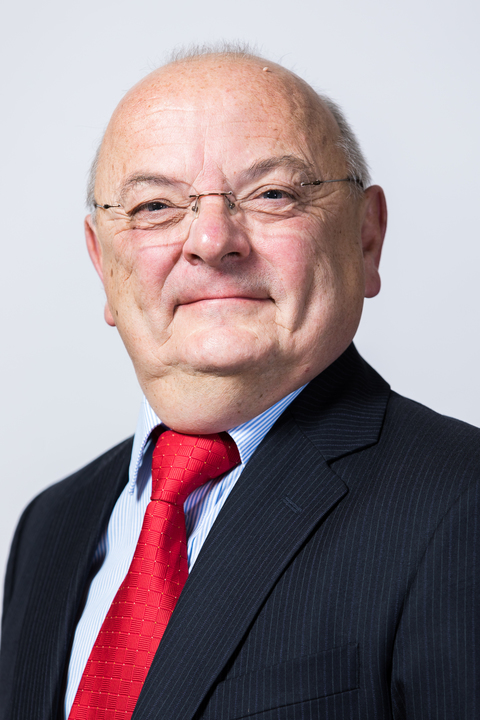
Dr Robin Wallace graduated in 1976 and has been involved in power generation and renewable energy throughout his career.
Until 1984 he worked in the Project Engineering Group of Parsons Peebles Motors and Generators, where ultimately he was an Assistant Chief Project Engineer responsible for turnkey power generation and discrete speed drive projects up to 25MVA in capacity, primarily hydro power plants.
Robin moved to University in 1986, where his research interests include: network integration of distributed renewable energy generation and marine energy. He is Principal Investigator and Finance Lead of the EPSRC SuperGen Marine Energy Consortium.
Robin is a Chartered Engineer, a Member of the IEE and a board member of the Scottish Energy and Environment Foundation.
- Chartered Engineer
- Member of the IEE
- Principal Investigator and Finance Lead of the EPSRC SuperGen Marine Energy Consortium
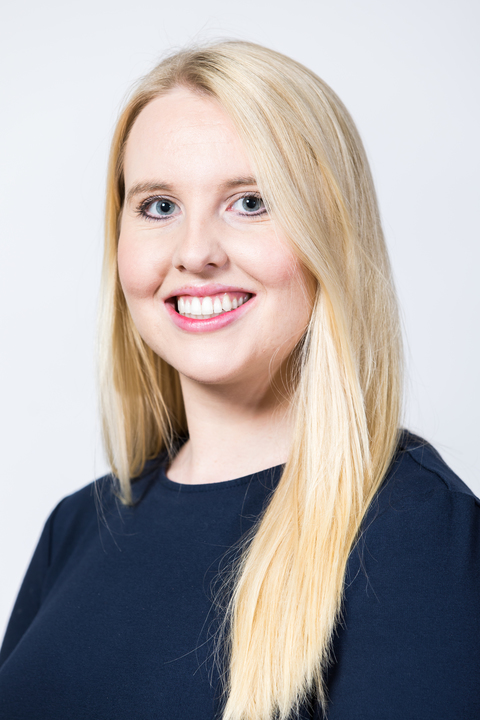
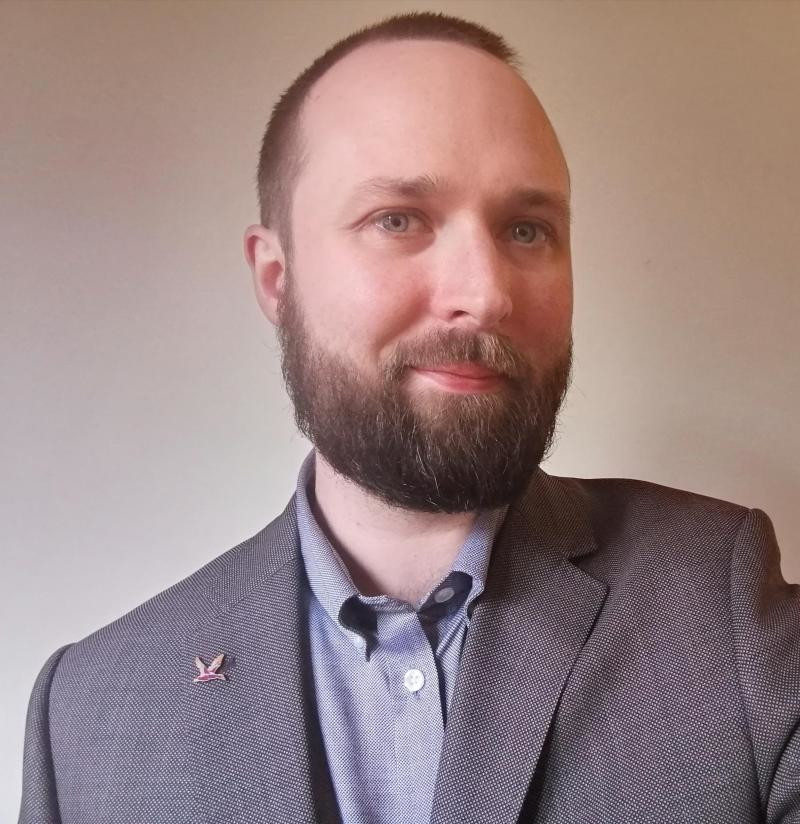
I completed my PhD in 2016 under the supervision of Prof. Tim Green in the Control & Power research group, Imperial College London, with a thesis titled 'Power Converter Design for HVDC Applications', for which I was awarded the departmental Eryl Cadwaladr Davies Prize for best doctoral thesis submitted in the academic year.
I have 28 published research papers (12 of which in IEEE Journals, 1 in an IET Journal, and three of which are co-authored with industry partners) on various topics relating to HVDC converters, such as optimised design of modular converter topologies, design of modular converters to enable short-term dynamic overload capabilities, power-loss and thermal modelling of semiconductor devices, hybrid converter topologies using mixed semiconductor technologies (IGBT and thyristor), and the design of converters with integrated energy storage. My paper to the 2018 IEEE Transactions on Power Delivery HVDC special issue was awarded the best paper award for the issue and also included as one of three papers on the journals 'papers received favourable reviews' list that year.
PhD - Electrical Engineering - Imperial College London - 2016
BEng (Hons) First Class - Electrical Engineering - University College Dublin - 2012
Member of IEEE and CIGRE
- Power Engineering 2 (2nd Year Module)
- Power Engineering Fundamentals (MSc Level Module)
- Advanced Power Electronics & Machines (MSc Level Module)
- Electrical Power Engineering Laboratory (MSc Level Module)
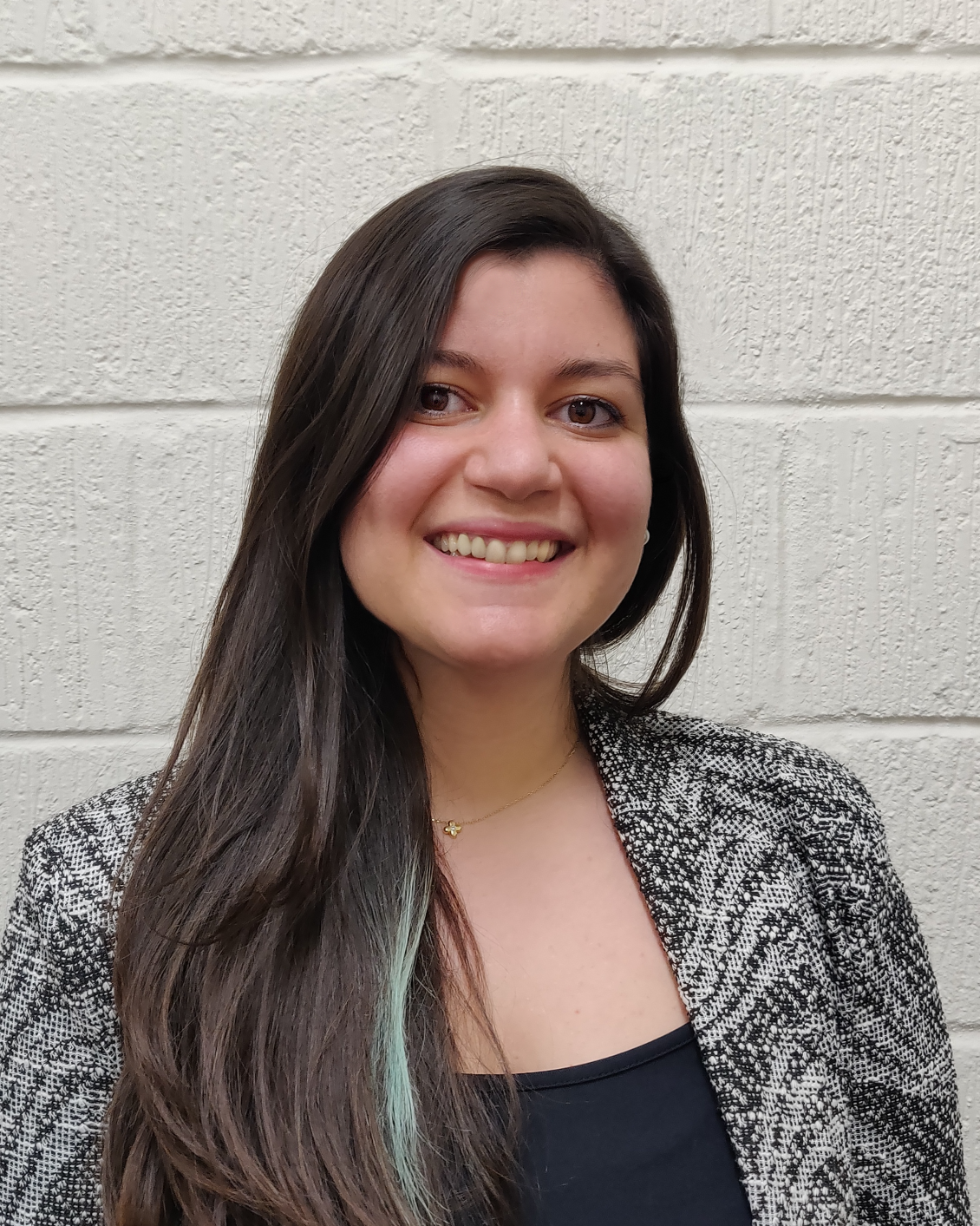
I am a Lecturer and holder of Elizabeth Georgeson Fellowship in Data and Digitalisation for Net Zero.
As a sustainable energy engineer and researcher, my ambition is to bridge the gap between academic research and implementation in the industry to accelerate the decarbonisation of energy systems. My research involves the use of data-driven and digital smart grid solutions and state-of-the-art technologies such as digital twin modelling, smart contracting, and AI as well as niche market mechanisms including smart local energy markets and flexibility trading.
Prior to my fellowship, I worked on the EPSRC DISPATCH Project towards multi-vector net zero heating and cooling solutions. I hold an award-winning Master of Engineering degree and a PhD from the School of Engineering, University of Edinburgh. Recently, I won the Scottish Renewables Young Professionals Green Energy Award for my PhD project on bottom-up decarbonisation of smart local energy systems.
- Master of Engineering (Hons), Engineering in Sustainable Energy, University of Edinburgh, 2018
- PhD in Engineering, Impact of Peer-to-Peer Trading and Flexibility on Local Energy Systems, 2022 - link
- Member of the Institute of Electrical and Electronic Engineers (IEEE)
- Member of the Institution of Engineering and Technology (IET)
- Affiliate Member of the Energy Institute (EI)
- Member of Women's Engineering Society (WES)
- STEM Ambassador for East Scotland
Teaching:
- Multi-Scale Energy Demand (PG, 20-credits) as Course Organiser
- Solar Power Conversion/Solar Energy & Photovoltaic Systems (UG, PG)
Project Supervision/Co-Supervision:
- MSc Sustainable Energy Systems
- MSc Electrical Power Engineering
- PhD Supervision
- Tariro Mupfurutsa: "Co-Simulation and Optimization of Energy and Transport Networks for Sustainable Infrastructure Planning in the Context of Increased Electric Vehicle Adoption"
- Weizhe Qin: "Dynamic Flexibility Mapping for Multi-Source Energy Systems in the Built Environment"
- List of publications on Google Scholar
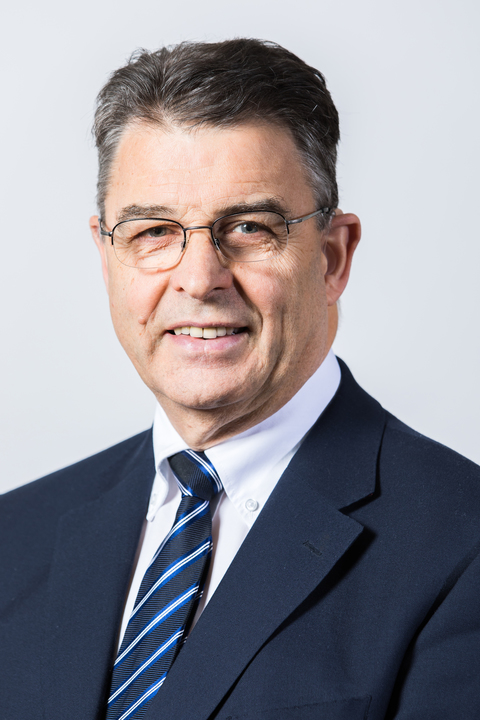
I was appointed as Head of the School of Engineering, and Professor of Tomographic Imaging, at the University of Edinburgh in 2013.
Having studied Physics as an undergraduate and PhD student at the University of Glasgow, I spent six and a half years working as a post-doctoral researcher in High Energy Particle Physics at Glasgow, Manchester, CERN (Geneva) and DESY (Hamburg).
In my ten years in R&D at the Royal Dutch/Shell Group, I worked in combustion and explosion hazards and lubricant formulation, and was the founding Group Leader of the specialist Engine Measurement group.
I was appointed Professor of Industrial Tomography at UMIST (later to become the University of Manchester) in 1996, becoming Head of Electrical & Electronic Engineering (1999-2002).
I chaired the UK Professors & Heads of Electrical Engineering (2003-2005).
For 3 years (2010-2013), I was Associate Dean (Research) in the Faculty of Engineering and Physical Sciences at Manchester.
I was elected a Fellow of the Royal Academy of Engineering in 2009.
I have taught most undergraduate year-groups, in measurements, errors, instrumentation electronics and a.c. circuit theory.
My research since 1996 has extended industrial tomography to provide specific chemical contrast in operating engineering plant, and developed electrical impedance tomography for medical applications, collaborating intensively with users in both academia and industry. Today, these topics continue to be my main research interests in Edinburgh, as part of the Agile Tomography research group within the Institute for Digital Communications.
- 1976 Bachelor of Science, 1st, University of Glasgow
- 1980 Doctor of Philosophy, PhD, University of Glasgow
- 1987 Chartered Physicist, CPhys
- 2000 Chartered Engineer, CEng
- 2009 Fellow of Royal Academy of Engineering, FREng
- Industrial Tomography
- Electrical Impedance Tomography
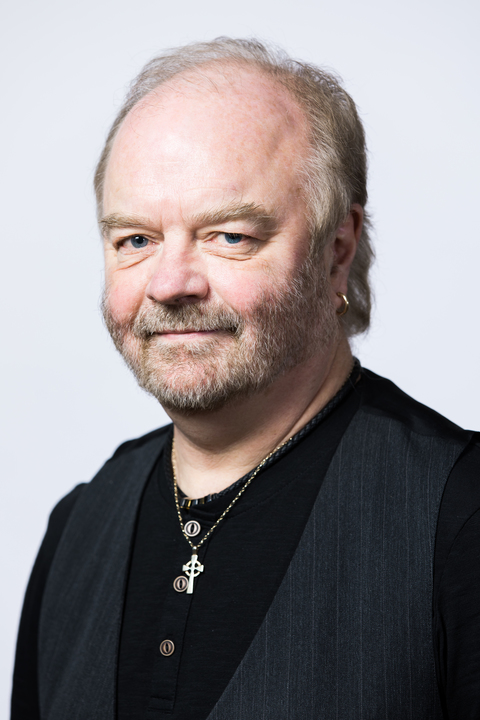
Alan Murray is Professor of Neural Electronics and Assistant Principal, Academic Support. He introduced the Pulse Stream method for analogue neural VLSI in 1985. Alan’s interests are now primarily in implanted silicon chips for biomedical applications.
He led the £5.2M IMPACT (Implantable Microsystems for Personalised And-Cancer Treatment) project, funded by an EPSRC Programme Grant and enjoys teaching first year engineering/electronics and third year Electromagnetics courses. IMPACT produced proof-of-concept results that will be taken forward in two areas – cancer and wound-healing, as "OPTIMIST" (Optimised, Personalised Treatment & Intervention: Microsystems, Implanted Sensors & Therapeutics).
Alan is a Fellow of IET, IEEE and the Royal Society of Edinburgh, Principal Fellow of the HEA and has published over 360 academic papers. Alan’s degrees are in Physics (BSc and PhD – both from the University of Edinburgh). Subsequently, he has done this...
- 1978-80: Research Fellow, Solid – State Physics, Chalk River Nuclear Laboratories: supported by SERC NATO and Canadian NERC fellowships
- 1980-81: Research Fellow, Department of Physics, University of Edinburgh, leading the Light Scattering section of the Condensed Matter group
- 1981-84: VLSI Designer, Wolfson Microelectronics Institute
- 1984-91: Lecturer, Department of Electrical Engineering
- 1991-94: Reader, Department of Electrical Engineering
- 1994-present: Professor of Neural Electronics
- 2002-2008: Head of the Institute for Integrated Micro and Nano Systems
- 2008-2012: Head of the School of Engineering
- 2012-2015: Dean of Students, College of Science and Engineering
- 2015-2018: Head of the Institute for BioEngineering
- 2015-present: Assistant Principal, Academic Support
- B.Sc. Ph.D
- F.I.E.E., F.I.E.E.E., F.R.S.E., C.Eng., P.F.H.E.A.
- Fundamentals of Electronics, Electromagnetism,
- Outside interests : Music (especially folk music - writing, playing and listening) and wood-carving
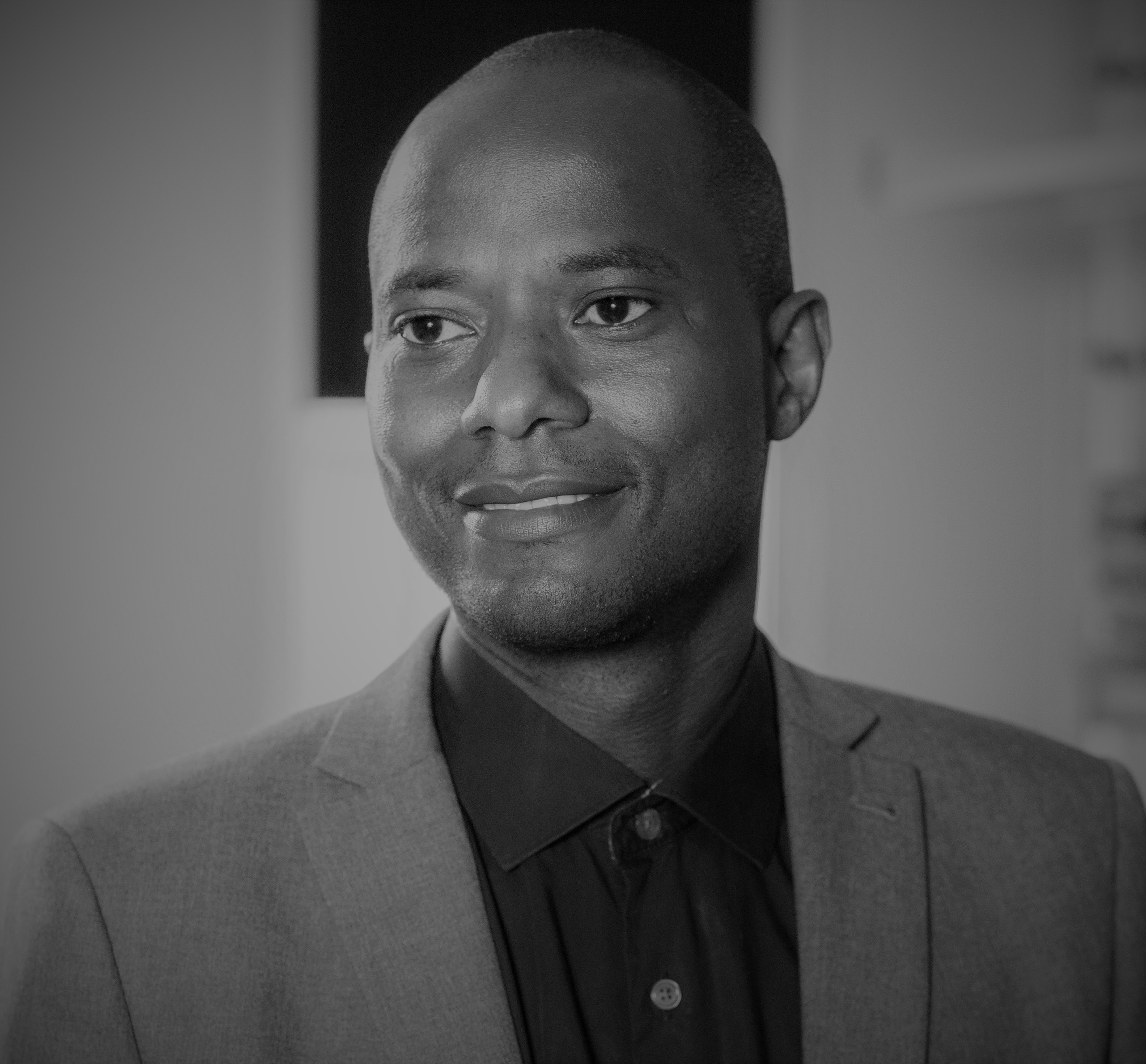
Wasiu O. Popoola is a Professor of Communications Engineering and the current Director of Electronics and Electrical Engineering. From 2019-2024, he was a Deputy Director of Learning and Teaching leading the School's initiatives on Widening Participation & Outreach. In 2022, he was awarded RAEng/Leverhulme Trust Research Fellowship for his work on ‘ethical LiFi’ research. He has published over 200 journal articles, conference papers, patent and several invited articles. He also co-authored the acclaimed book ‘Optical Wireless Communications: System and Channel Modeling with MATLAB’ and many other book chapters. His primary research interests are digital and optical communications, including VLC/LiFi, FSO, and fiber communications. One of his journal articles ranked No. 2 in terms of the number of full text downloads within IEEE Xplore, in 2008, from the hundreds of articles published by IET Optoelectronics, since 1980. Another article he co-authored with one of his Ph.D. students received the Best Poster Award at the 2016 IEEE ICSAE Conference. Popoola is a science communicator appearing in science festivals and on “BBC Radio 5live Science” programme in Oct. 2017. He is an Associate Editor of the IEEE Access Journal, a Fellow of the Institute of Engineering Technology (FIET), a Fellow of the Higher Education Academy (FHEA) and a Senior Member of IEEE . He was an invited speaker at various events including the IET Lunch and Learn Lecture 2024, Rank Prize Symposium 2024, IEEE Photonics Society Summer Topicals 2016 among others.
- BSc (First Class Hons), MSc (Distinction), PhD
- Fellow Higher Education Academy (FHEA)
- Fellow IET (FIET)
- Senior Member IEEE
- Member IEEE Photonic Society
- Wireless Communication systems
- Optical Fibre Communications
- Free-Space Optical Communications
- Visible Light Communications
